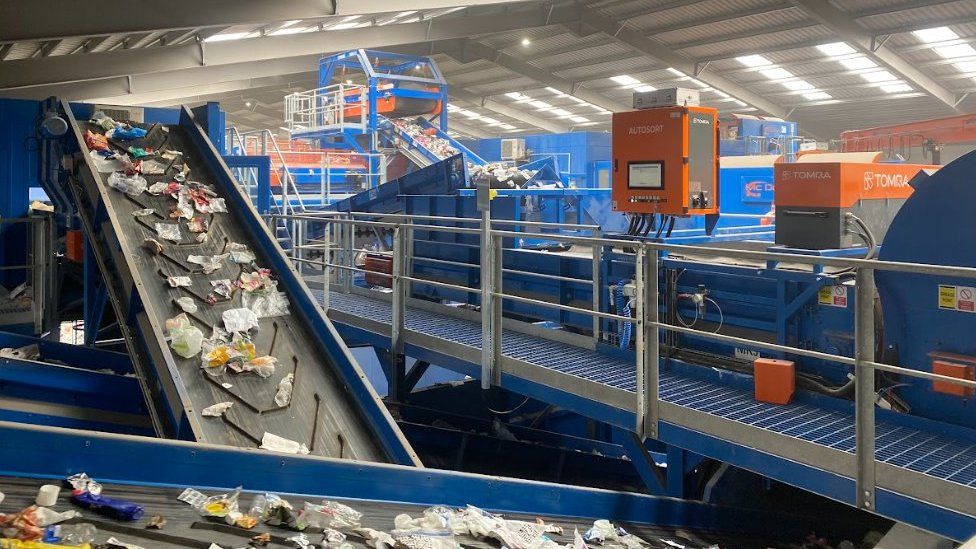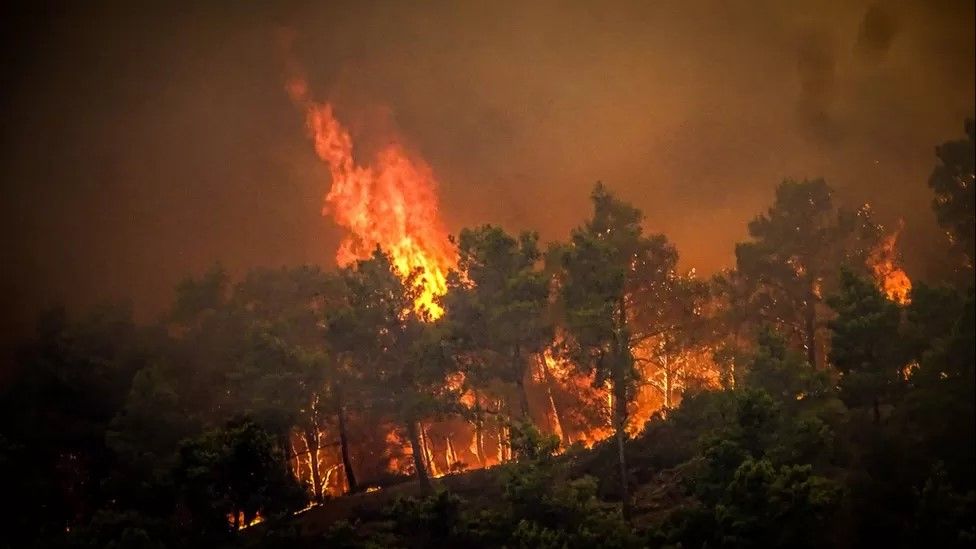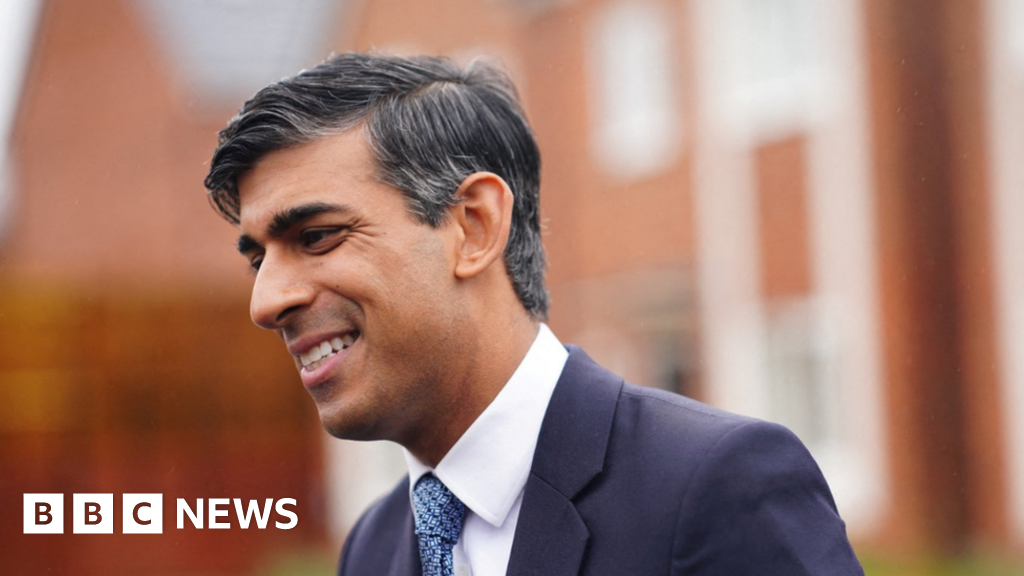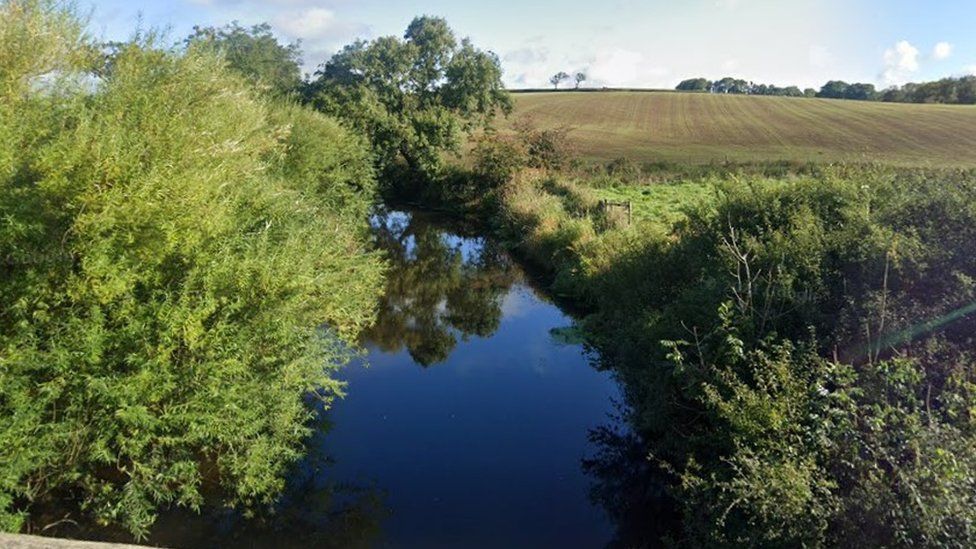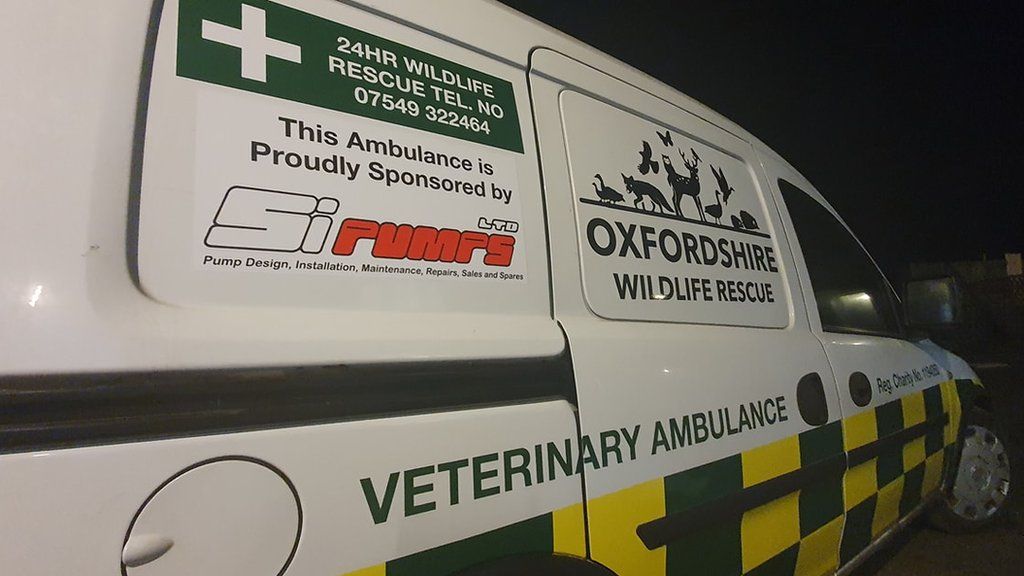The goal of Cambridge University is to increase recycling from 50% to 80% by using new bins, 3D scanners, and 22 miles (35 km) of conveyor belts.
There will be two bins available for staff and students to choose from: one is for dry mixed waste and the other is for food waste.
According to the university, this "pioneering" project will be "the first of its kind in the UK higher education sector.".
The university is "committed to exceptional environmental performance," according to a spokesman.
Waste will be cleanly sorted into recyclables after it is collected, the university said in a statement, "to reduce confusion and unintentional contamination of materials.
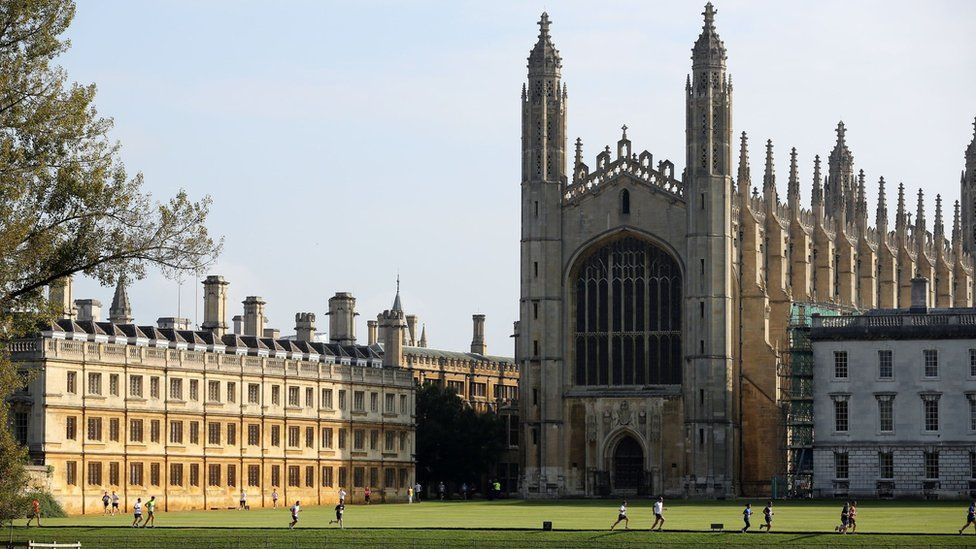
"Food waste will be used as fuel at an anaerobic digestion facility, and dry mixed waste will be divided into recyclables at a cutting-edge Materials Recovery Facility (MRF) that can precisely identify and classify recyclables.
The Mountain Recycling Facility (MRF) employs 22 miles (35 km) of conveyor belts and sorting equipment, such as 2D and 3D scanners and near infrared separators. ".
Additional information stated that only electric vehicles would be used to collect all of the university's dry mixed waste.
"The university's stock of new wheelie bins are made entirely from post-consumer recycled plastic that has been gathered from the neighborhood, marking another UK first. These containers can be recycled ten more times, it said.
Facilities management operations manager Steve Matthews provided the following statement regarding the project, which gets underway in July: "The new system will allow us to recycle much more materials than before, which will contribute positively to protecting the environment.
. "

